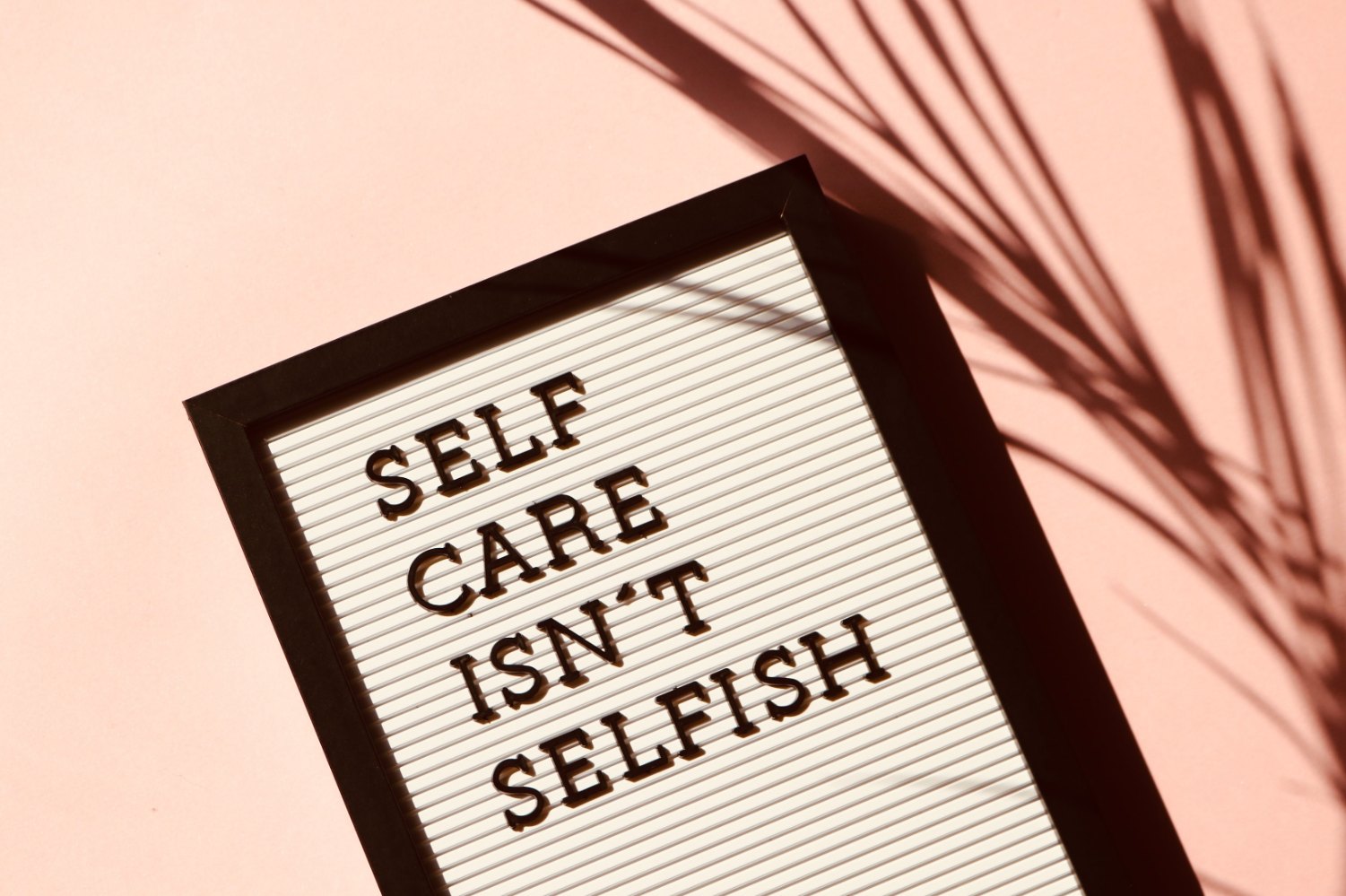

Mental health is not an area of health that is taken lightly. It is an important part of keeping fit and healthy and there are plenty of things you can do to help make sure you keep yourself mentally healthy.
#1: Get enough sleep
Sleep is extremely important for our physical and mental health. It helps regulate chemicals in our brain to manage our moods and emotions. A lack of enough sleep, or a good sleep, can result in feelings of depression and anxiety, as well as irritation and unhappiness.
There are a number of sites and services that provide guidance on better sleeping, find them online or speak to your GP.
#2: Keeping Active
Activity, whether that is in the form of a walk, run, cycle, swim for example, is essential in maintaining good mental health. It not only gives you a sense of achievement, but it boosts chemicals in the brain that helps put you in a good mood. Exercising in any form can help eliminate low moods, anxiety, stress and feelings of tiredness and laziness. Some research also links activity and exercise to living a longer life.
#3: Eating Well
Eating well does not only concern our physical health, but it proves to have importance for our minds. Trying to have a balanced diet can help any certain mineral deficiencies, such as iron and vitamin B12 deficiencies, that give us low moods. If you find you are stressed or anxious, you can try limiting or cutting any possible caffeine intake. This may help you feel awake, but it can also often make you feel jittery and unsettled.
#4: Do Something You Love
Try to make sure you set aside time for fun things that you enjoy doing. If you like going for walks, painting, reading or watching a certain TV show, give some time in your day to this activity, especially if it's some 'me time'! If we don't spend any time doing the things we enjoy, we can become irritable and unhappy.
#5: Mindfulness
Take some time out during the day, whether it is 10 minutes or 1-hour, and use this as the perfect opportunity to pay more attention to the present moment. This can improve your mental well-being and give you a new perspective over time on your thoughts, feelings, your body and the world around you. Mindfulness is a growing phenomenon, particularly in Western culture, as we are seeing more people experiment with activities like this. It can help you enjoy life more and understand yourself better, positively changing the way you feel about life and how you approach challenges.
#6: Socialise
It may be an intimidating and daunting topic for some people, but socialising can be with even the smallest group of people whether that be close friends or family. Making the effort to maintain good relationships and talk to other people whenever you can is all part of this process. Having family and friends to speak to is important for both our self-esteem and having a support system when you're not feeling great.
#7: Ask for Help
It is by no means always the easiest, but asking for help is one of the most important ways to keep yourself mentally healthy. By recognising you are not feeling good you will be able to judge when to ask for help. There is absolutely no shame in asking someone for support if you are feeling low, stressed, got something on your mind or simply want a chat over tea or coffee. Everyone goes through rough patches where they don't feel so good as they should. You can try speaking to family, friends, or if you think your mental health is getting on top of you then you can speak to your GP.
Whether you're concerned about yourself or a loved one, these helplines and support groups can offer expert advice.
UK Helplines
Lifeline (Northern Ireland)
Phone: 0808 808 8000
Website: https://lifelinehelpline.info
Anxiety UK
Phone: 03444 775 774 (Mon-Fri 9:30am to 10pm | Sat-Sun 10am to 8pm)
Website: https://www.anxietyuk.org.uk
Mental Health Foundation
Website: https://www.mentalhealth.org.uk
Rethink Mental Illness
Website: https://www.rethink.org
Samaritans
Phone: 116 123 (free 24-hour helpline)
Website: https://www.samaritans.org.uk
Childline (under 19s)
Phone: 0800 1111
Website: https://www.childline.org.uk/
Belfast
Antrim
BT7 1JQ